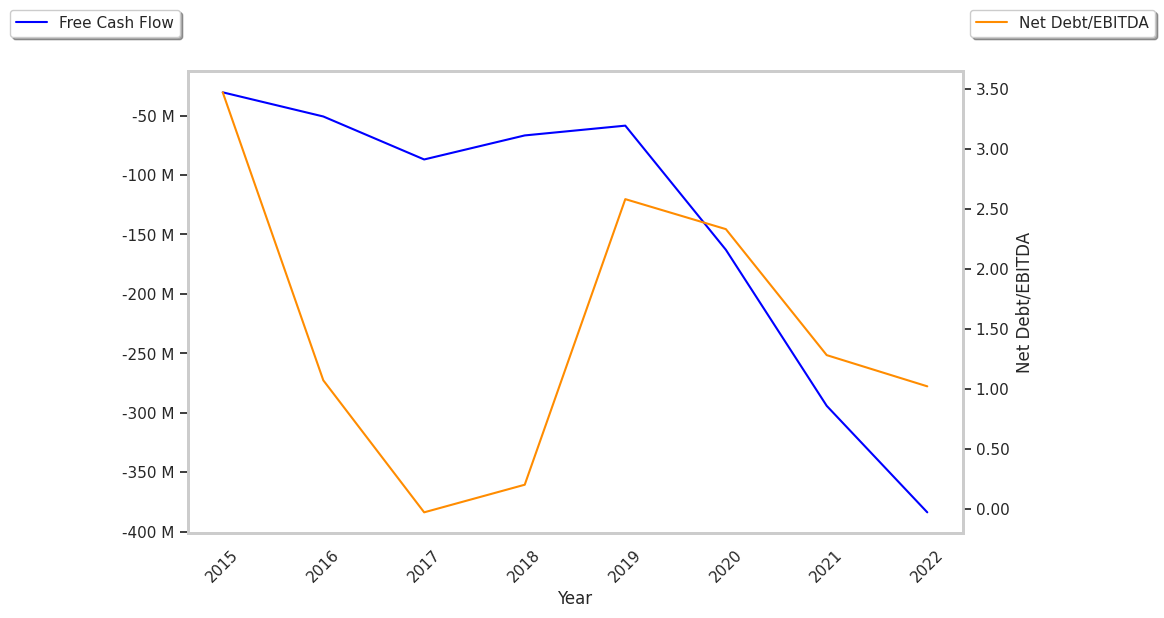Natera, Inc.’s stock price has surged to a price of $87.3 today. ITRA shares outperformed the S&P500 and Dow Industrial composite indices by 14.0% and are closing in on their 52 week high of $90.59 Over the last 12 months, Natera is up 35.6%, and has outperformed the S&P 500 by 8.2%. Now, the Large-Cap Health Care company is 12.1% above its average target price of $77.88 and has an average analyst rating of buy.
Natera does not publish either its forward or trailing price to earnings (P/E) ratio because their values are negative -- meaning that each share of stock represents a net earnings loss. Investors are sometimes willing to invest in a stock with negative earnings if they believe the company will perform well in the future, especially if the company has an innovative approach to its business. Continued upwards price movements depend on whether future earnings will meet expectations, and how long investors are willing to wait around for this to occur.
Another metric for valuing a stock is its Price to Book (P/B) Ratio, which consists in its share price divided by its book value per share. The book value refers to the present value of the company if it were liquidated today (i.e. selling all assets and paying off all debts). Natera's P/B ratio indicates that the market value of the company exceeds its book value by a factor of 13.0, so the company's assets may be overvalued compared to the average P/B ratio of the Health Care sector, which stands at 4.08.
Since it has a a negative P/E ratio and a higher than Average P/B Ratio, Natera is probably overvalued at current prices. Make sure to complement this brief quantitative review with a qualitative analysis of your own!



